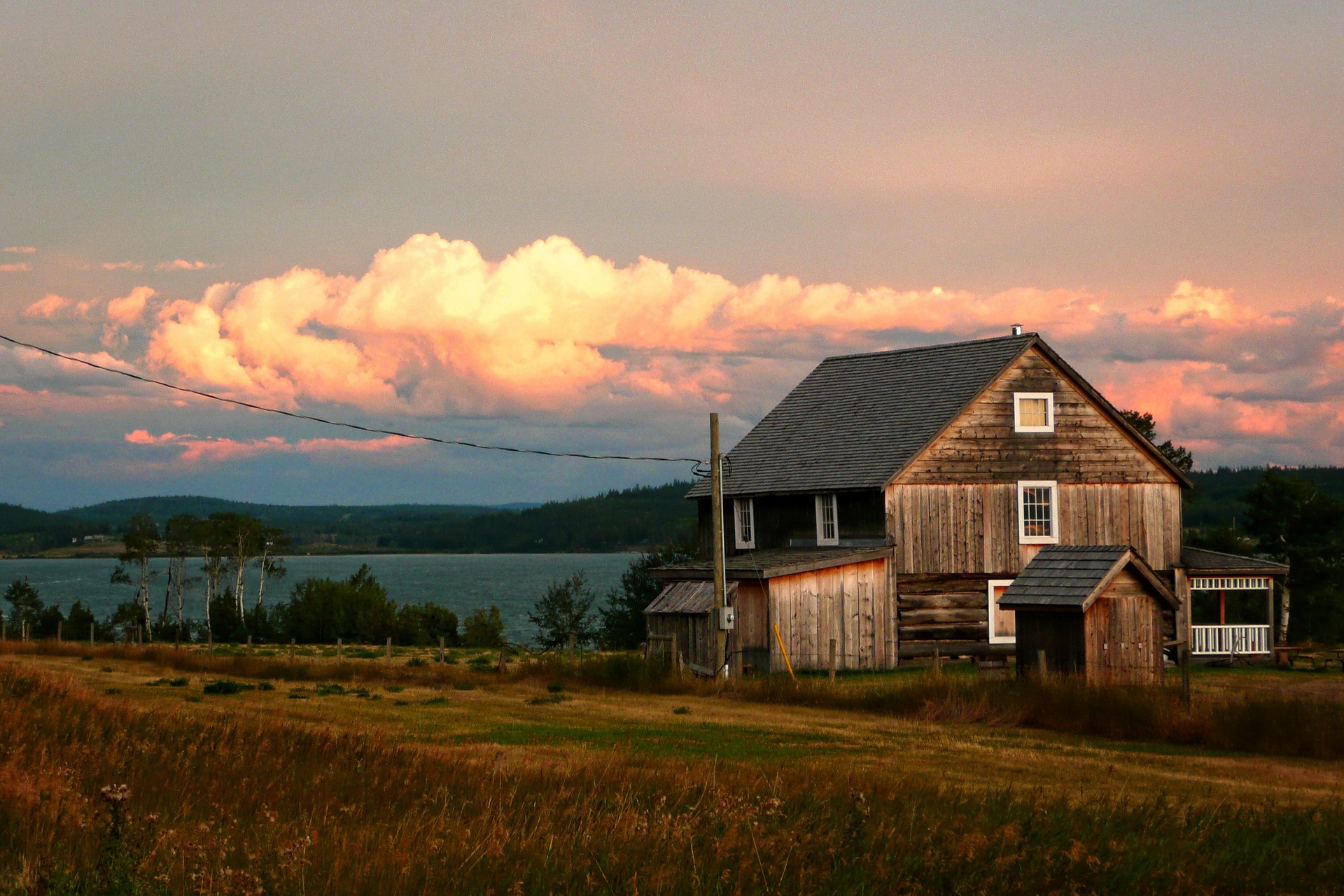The Agriculture Land Reserve (ALR) has existed since the early 1970s and reflected the concerns of that era. Popular wisdom was heavily influenced by public figures like Paul Ehrlich in his best-selling book, The Population Bomb, that opened with the statement: “The battle to feed all of humanity is over. In the 1970s hundreds of millions of people will starve to death in spite of any crash programs embarked upon now. At this late date nothing can prevent a substantial increase in the world death rate.” This Malthusian outlook focused ALR legislation on “food security” and the entrenchment of production agriculture on BC’s limited amount of arable land.
The dire predictions of The Population Bomb never came to pass. Instead of mass starvation, global population has increased from 3.7 billion in 1970 to 7.8 billion today. This apocalypse was averted not by government regulation, but because market liberalization of the 1980s and 1990s unleashed the creative potential of individuals to determine the best use of their resources. In short, farmers were free to grow more food, and they grew a lot of it, helped along by advances in agronomy and biotechnology that dramatically increased yields.
However here in BC, owners of ALR land must receive the approval of the Agriculture Land Commission (ALC) prior to enacting land use decisions. Making entrepreneurs jump through bureaucratic hoops not only affects timeliness, it subjects such decisions to political whims and expediency. As the ALC must continually validate their existence, they maintain a narrative of impending catastrophe and the need to preserve arable land for local food security. This has condemned much of BC agriculture to live by the bad ideas of the 1970s rather than adapting to current market trends and technologies. Some might say that ALC regulations were intended to create farm museums rather than a vibrant agriculture sector.
In many parts of BC, commodity agriculture cannot realize economies of scale, so farmers to turn to other revenue streams like agri-tourism to remain profitable. An example of this is the of the BC wine industry. Since the 1989 Canada-US Free Trade Agreement, BC vineyards have changed their business model from selling to liquor vendors to direct sales via on-farm wineries. Other farm types are also experimenting with culinary tourism, such as Okanagan orchards starting on farm cideries and restaurants.
Alas, not all farmers in BC have been so fortunate as to receive approval from the ALC for their plans for economic diversification. Recent political winds have resurrected sophistic narratives of “food security” and “food sovereignty”, encouraging the ALC to inflict greater limits on the ability of farms to engage in activities deemed “non-agricultural”. These include on farm restaurants, corn mazes, cideries, restaurants, weddings, and storage.
Here lies the very crux of the issue: who decides what can be done on private property? Why is a greenhouse permitted on ALR land but not a farm to table restaurant?
Once created, government departments seldom go away. Instead, they continually generate new rules to legitimize their existence. The ALC clings on with fear-mongering about climate change, food security, loss of arable land, or any other scare of the day.
Sending the ALC & ALR to the dustbin of history would restore to BC farmers property rights and economic freedoms enjoyed by other British Columbians. This would have immediate and long-term benefits, including new investment into a more productive, efficient agricultural sector. Such a change, after 45 years of the ALR, would invite opposition from special interest groups, most of whom do not earn a living from agriculture. But terminating the ALR need not mean the end of farmland preservation. BC farmers have demonstrated their ability to produce high value crops and make farms, wineries and ranches, sought-after destinations. We should let those who make a living on the land decide how best to do so, instead of pedantic bureaucrats suppressing them with antiquated rules.
Shawn Halter, MSc, PAg
BC Libertarian Party member

